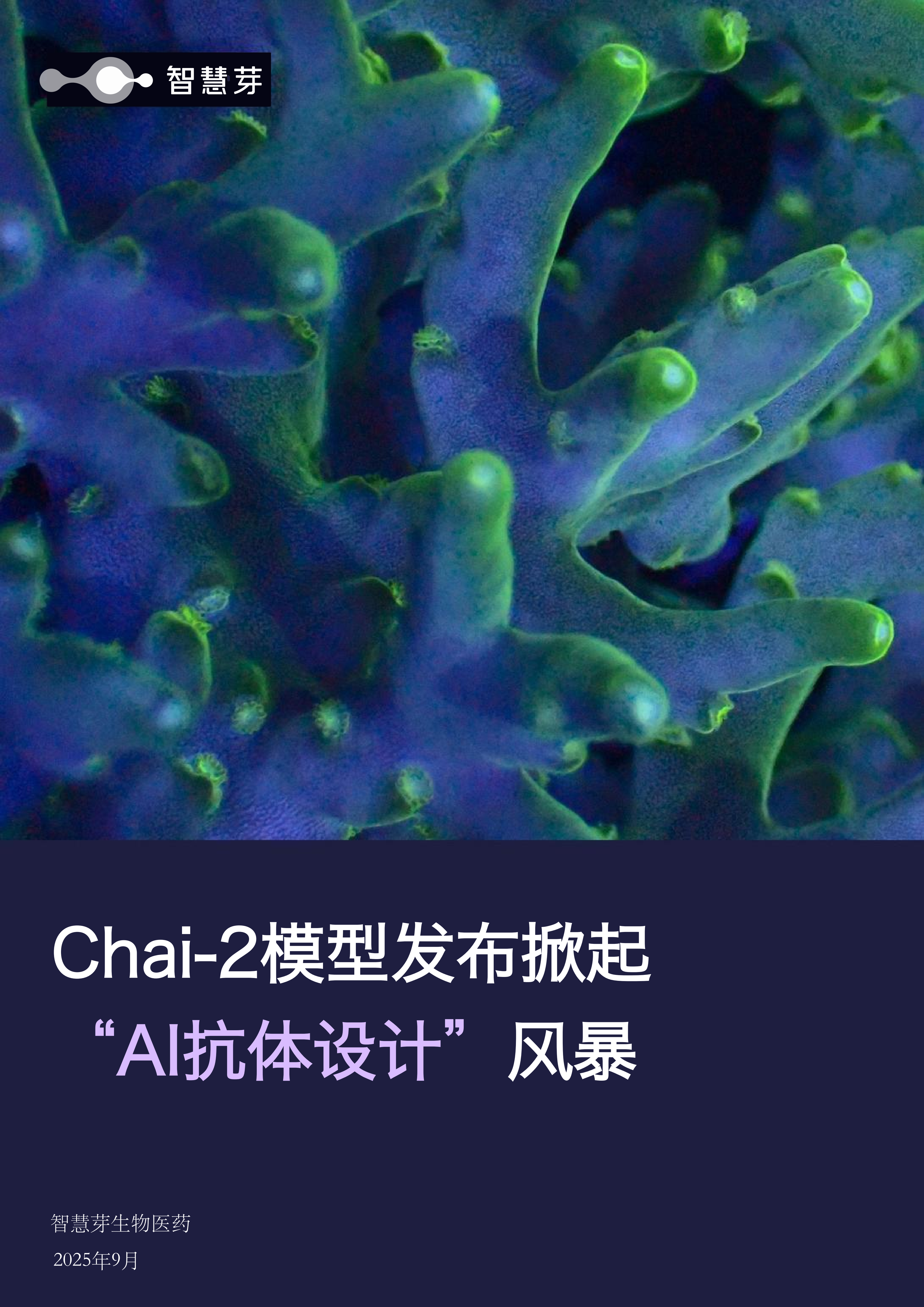预约演示
ASCO: French Pharma's Drug Slows Tumors in Brain Cancer Patients
2023-06-05
临床结果临床3期并购ASCO会议快速通道
Pictured: A doctor looks at a CT scan/iStock, gorodenkoff
Good news emerged Sunday from the American Society for Clinical Oncology’s annual meeting for glioma patients with a certain genetic alteration as Servier Pharmaceuticals reported vorasidenib significantly improved progression-free survival.
In the pivotal Phase III trial, vorasidenib, an oral dual inhibitor of mutant IDH1/2 enzymes, elicited an “unprecedented improvement” in progression-free survival with a 61% decrease in tumor growth, according to Servier. Patients in the vorasidenib arm had a median of 27.7 months before their tumors progressed compared to 11.1 months for those on placebo.
The study enrolled 331 patients between 16 and 71 years of age with grade 2 gliomas possessing IDH mutations. All participants had previously undergone surgery to remove their tumors, but either the cancer had returned or surgery did not succeed in removing the entire tumor.
This particular type of glioma afflicts approximately 4,000 people in the U.S., Glenn Lesser, a neuro-oncologist and professor at the Wake Forest University School of Medicine, told STAT News. Lesser, who was not involved in the study, called the results “clinically very significant and important.”
The trial also met its secondary endpoint of time to next intervention. Patients in the placebo group required another intervention at 17.8 months, while patients on vorasidenib had not yet required intervention at the time of the analysis, Katherine Peters, a neuro-oncologist at Duke Cancer Center and study investigator, told Targeted Oncology.
“This can be a durable therapy that can slow progression and slow the chance of your patients having to go to those more aggressive therapies, which are more surgery, radiation, and chemotherapy,” Peters said on Sunday. “This a development that we haven’t seen in over 20 years.”
The investigational therapy is not without side effects, as Servier reported that alanine aminotransferase, a liver enzyme, increased in 9.6% of patients receiving vorasidenib. Servier called the outcome—classified as a grade 3 toxicity—reversible, saying that most incidents were manageable and resolved with the appropriate medical attention.
Susan Pandya, Servier's vice president of clinical development and head of cancer metabolism global development oncology & immuno-oncology, told BioSpace the company is confident in the efficacy and safety pro in the INDIGO trial.
Results of the study, dubbed INDIGO, were presented at ASCO Sunday and simultaneously published in the New England Journal of Medicine.
Servier, a private French biopharma company, entered the U.S. market nearly five years ago, setting up shop in Boston in 2019 after acquiring Shire’s oncology business for $2.4 billion in 2018. The company made another big splash in December 2021, shelling out $1.8 billion to acquire Agios Pharmaceuticals’ oncology business.
Vorasidenib was the lead asset in the package, coming over to the French pharma along with AG-270, an adenosyltransferase 2a (MAT2A) inhibitor being developed for non-small cell lung cancer (NSCLC) and pancreatic cancer, and AG-636, which inhibits dihydroorotate dehydrogenase, a mitochondrial enzyme implicated in tumor progression.
The FDA granted vorasidenib Fast Track designation in March 2023, and Pandya said Servier is currently in conversations with regulatory authorities regarding its potential approval in IDH-mutated grade 2 glioma.
Heather McKenzie is a senior editor at BioSpace, focusing on neuroscience, oncology and gene therapy. You can reach her at heather.mckenzie@biospace.com. Follow her on LinkedIn and Twitter @chicat08.
更多内容,请访问原始网站
文中所述内容并不反映新药情报库及其所属公司任何意见及观点,如有版权侵扰或错误之处,请及时联系我们,我们会在24小时内配合处理。
生物医药百科问答
全新生物医药AI Agent 覆盖科研全链路,让突破性发现快人一步
立即开始免费试用!
智慧芽新药情报库是智慧芽专为生命科学人士构建的基于AI的创新药情报平台,助您全方位提升您的研发与决策效率。
立即开始数据试用!
智慧芽新药库数据也通过智慧芽数据服务平台,以API或者数据包形式对外开放,助您更加充分利用智慧芽新药情报信息。





